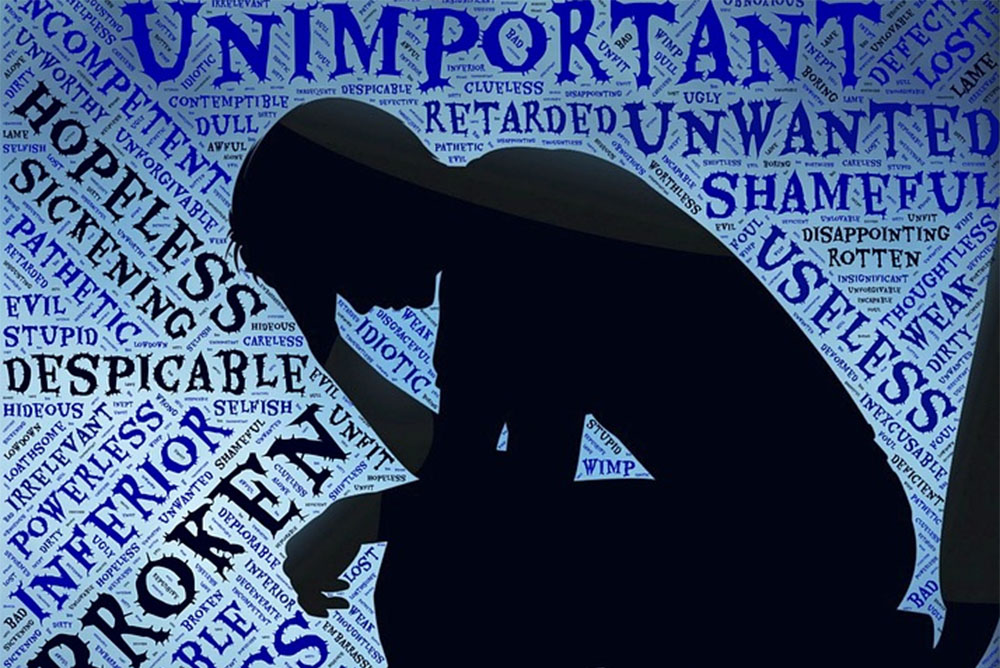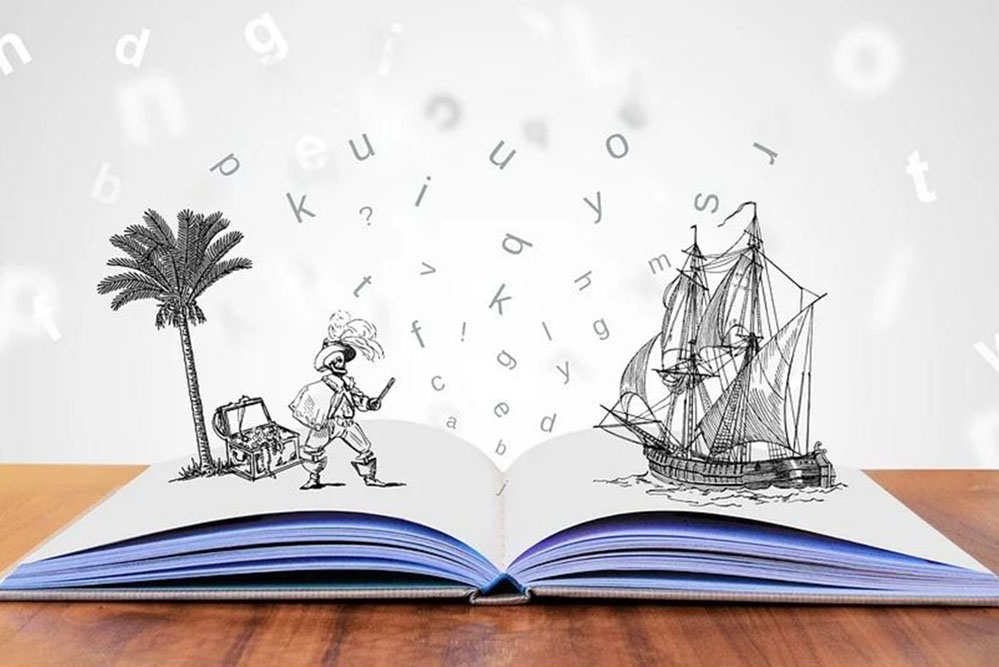
browse by topic
Shedding the Idea for Truth in Writing
It’s not just first-time novelists or screenwriters that struggle with getting their story from the imagination to the page. Every writer struggles with this. Here’s the thing: Our idea of our story...
Writing for Your Ideal Reader
Good storytelling is about having at least a somewhat conscious relationship to your ideal reader. It is about understanding the most effective order of events. Hold the story loosely, and be willing...
Writing Act Three: Our Hero Accepts the Reality of Their Situation
It can be frightening and exhilarating to realize that our story is bigger than we are, that in fact, it does not “belong” to us, that we are simply a channel. In Act Three of our story, our...
Writing Despite Fear of Criticism
In 2017, Gustavo Dudamel became the youngest conductor of a major orchestra of his time. I remember an L.A. Times journalist urged us not to get too excited about our newest conductor, counseling us...
Finding Your Writing Voice
I work with many first-time novelists, screenwriters, and memoirists, and the question of voice always comes up. “Do you think I have a voice?” asks the first-time writer. “Should it be in a different...
The Real Meaning of “Write What You Know”
Write what you know. We’ve heard this so often. But what does it mean? Does it mean that if I am a mechanic then I should only write about mechanics? Or if I am a woman, I can only write about women?...
Writing Prose
“Prose is architecture, not interior design.” – Ernest Hemingway Our words are in service to our story. When we get too flashy with our adjectives, we may distract and even confuse our reader in ways...
Is It Any Good?
There can be a real desire, especially for the novice writer, to have someone validate our work as soon as possible. Is it really any good? I have a friend, a successful Century City lawyer, let’s...
Exploring the Dilemma
At the heart of every story lies a dilemma. It is not a question of whether or not your protagonist has a dilemma, but rather, how effectively you’ve explored it. By exploring your protagonist’s...
Story Structure as an Experiential Model
There is a structure to the universe. From the smallest atom to the forces that move the planets, there is a universal law. We live in a state of surrendered acceptance to it (whether consciously or...
Show, Don’t Tell
Show, don’t tell—the mantra of every screenwriting teacher. Film is a visual medium in which behavior reveals character. Novelists and memoirists have the luxury of exploring the internal lives of our...
Story Structure
Story structure is often taught by story analysts as plot, but it is really the DNA of our protagonist’s internal journey to transformation. Without a sense of a beginning, middle and ending, you are...
Overcoming Self-Doubt
I used to be amazed at the madness of my mind. One day, I think my writing is brilliant, and the next I’m cringing with embarrassment. It’s difficult to have objectivity when we’re in the middle of...
The Lens Through Which You See Your Story
“I find that when I am working I become like an antenna, and suddenly everything relates to my screenplay: a mentioned recipe, a joke somebody tells, a billboard that I see. It all becomes grist for...
“What is the Book Market Looking For?”
“What does the market want?” I hear this question frequently from first-time novelists, as if there’s some secret, as if their job is to figure it out, so that they can fulfill the book market’s...
The Courage to be Specific in Writing
Humans are full of paradoxes. We only love to the extent that we hate. We are constantly changing our minds, constantly renegotiating with ourselves and others. To be specific is to be curious about...
The Desire to Write
Whether it is conscious or not, the desire to write is connected to the desire to evolve, to untangle the lie that we have been carrying around about ourselves for a million years. The lie is that we...
Building a Body of Work
I remember one day over twenty years ago when I was bellyaching to a friend of mine about how nobody was buying my work. He looked me dead in the eye. “What’s your job?” he asked. “To sell my work.”...
Workshops

Creativity is your birthright. Your sole purpose is to build a body of work.



















